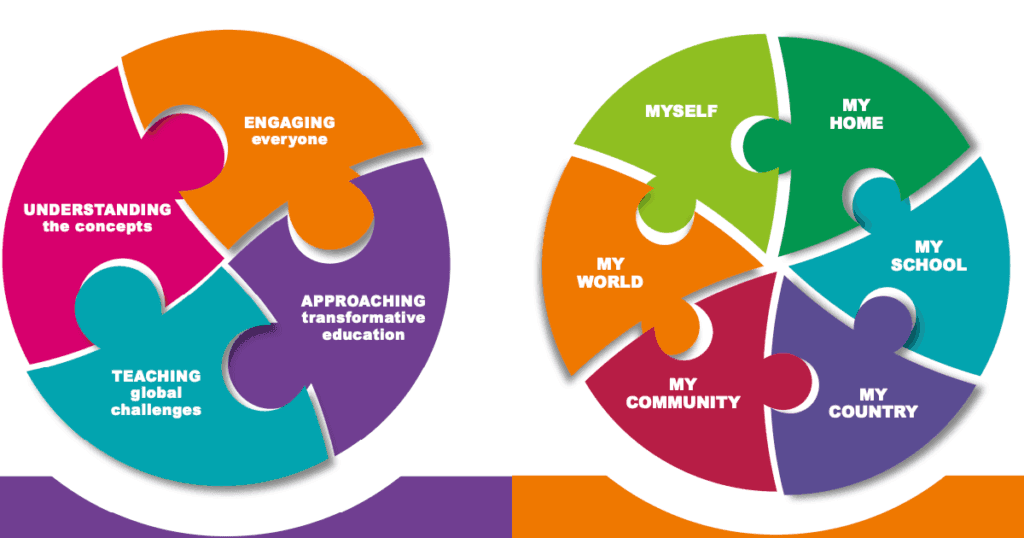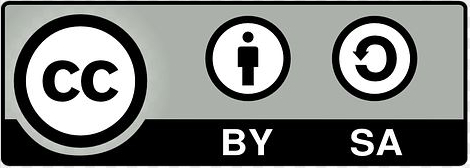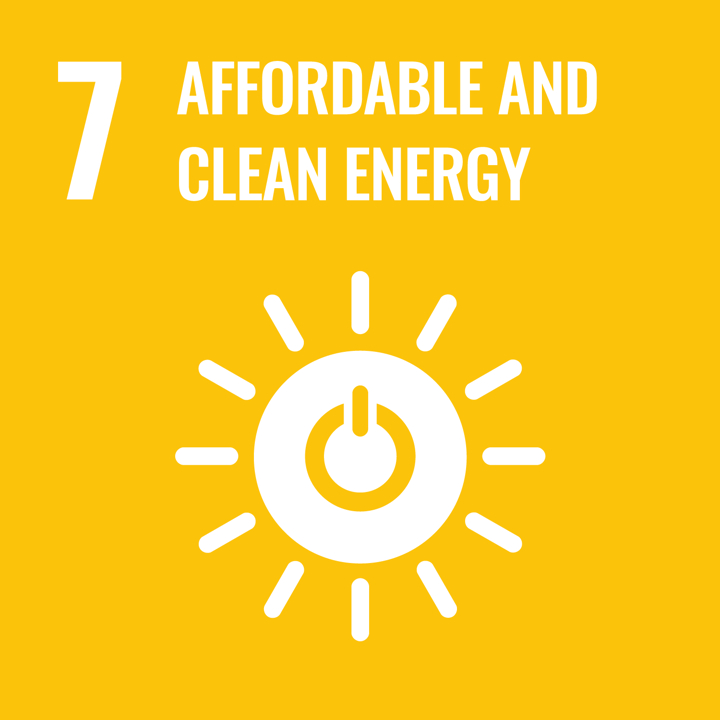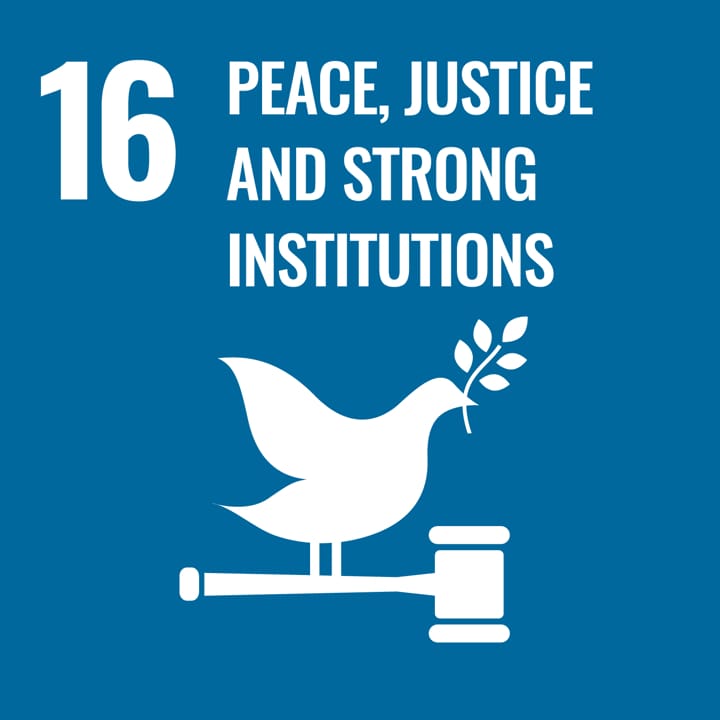
Intended End User: Teacher, School Leader, Teacher Educator
Age Group: Lower Secondary; Upper Secondary
School Curriculum: Social & Environment Science
Themes and Topics: Behaviour & Lifestyle; Collective Action; Futures Thinking; School Leadership; Citizenship
Duration: Variable.
Type of Resource: Guidelines & Notes, Reference Document, Workshop
Keywords: Global Citizenship Education, Education for Sustainable Development, Whole-school
Languages: English
Description
The UNESCO Education for Sustainable Development for 2030 outlines urgent global challenges and emphasizes a framework to enhance education’s role in fostering a just and sustainable world. A toolbox offers resources for Member States, and regional and global stakeholders to develop activities, supporting the SDGs through five priority action areas. The resource we present here focuses on Transforming Learning Environments encouraging schools to take action.
How to use this resource
Under the topic “Schools in action: global citizens for sustainable development”, there are two guides: one for teachers and one for students.
“Schools in action, global citizens for sustainable development: a guide for teachers” emphasizes the importance of learners becoming global citizens. It offers strategies for educators to help students contribute to sustainable development through diverse classroom activities. This guide includes ideas for classroom activities aimed at secondary school students, designed to develop knowledge, skills, values, attitudes, and behaviours that promote Global Citizenship Education (GCED) and Education for Sustainable Development (ESD). It also showcases selected activities from schools around the world, highlighting effective ways to integrate global citizenship and sustainability concepts into the curriculum.“Schools in action, global citizens for sustainable development: a guide for students” provides an overview of what it means to be a global citizen and how students can contribute to sustainable development. The guide offers various activities to encourage students to take action at home, school, in their community, country and globally. It also presents selected activities from schools around the world.
The resources
A guide for teachers PDF:
A guide for students PDF:
A Guide for Teachers: French; Spanish; Arabic
A Guide for Students: French; Spanish; Arabic
The complete toolbox “Education for sustainable development for 2030” can be found here.
While the guide does not include specific assessment suggestions, teachers may find it useful to complement the activities with rubrics from the ASSESS resource —particularly those aligned with the GreenComp framework—as they are well-suited to evaluating the competencies targeted by the proposed activities.
Learning Outcomes (Teachers)
- Elicit prior knowledge and further develop knowledge and comprehension of key Sustainability Citizenship key concepts, challenging established worldviews and values.
- Apply a range of suitable tools and frameworks to promote student Sustainability Citizenship
- Reflect on practice and examine national curricula to identify opportunities to promote Sustainability Citizenship in interdisciplinary ways and engage with external stakeholders.
- Through workshop activities and communities of practice, build capacity and agency as Sustainability Citizenship educators and leaders.
Learning Outcomes (Leadership)
- Apply a range of suitable tools and frameworks to promote Sustainability Citizenship within their schools and communities.
- Through workshop activities and communities of practice, build capacity as Sustainability Citizenship educators and leaders.
Green Competencies
- Embodying Sustainable Values: Valuing Sustainability; Supporting Fairness
- Embracing Complexity in Sustainability: Systems Thinking; Critical Thinking; Problem Framing
- Envisioning Sustainable Futures: Futures Literacy; Adaptability; Exploratory Thinking
- Acting for Sustainability: Collective Action; Individual Initiative
Creative Commons

This publication is available in Open Access under the Attribution-ShareAlike 3.0 IGO in the UNESCO Digital Library.
SDGs




